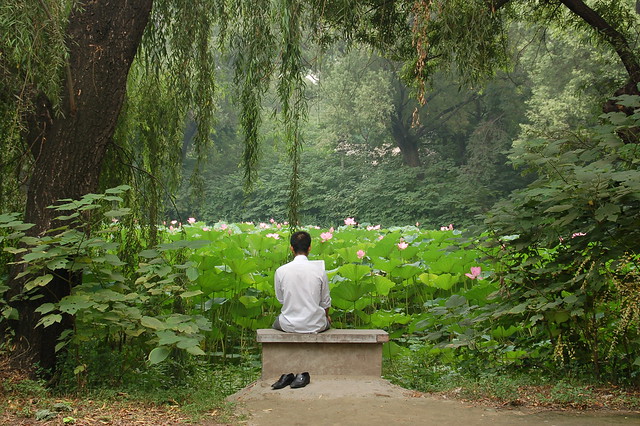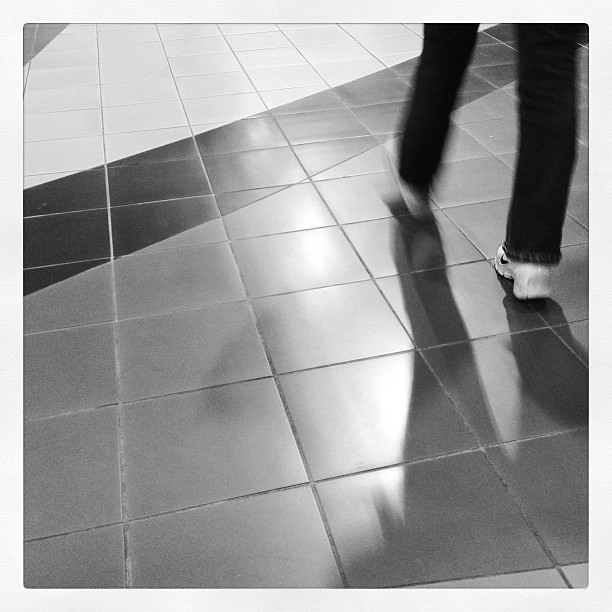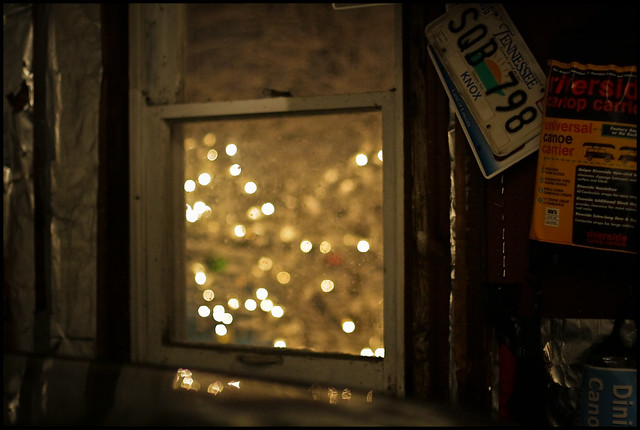Another meditation infographic I hope you will find helpful.
Showing posts with label meditation. Show all posts
Showing posts with label meditation. Show all posts
Friday, August 23, 2019
Sunday, August 4, 2019
Benefits of Meditation
 As meditation continues to be an important part of my recovery, I decided to devote another post to it. Instead of the usual post, however, I thought I'd use an infographic to convey my ideas concisely. I hope you find it of some benefit. If you like it, please share it or feel free to pin the graphic on Pinterest.
As meditation continues to be an important part of my recovery, I decided to devote another post to it. Instead of the usual post, however, I thought I'd use an infographic to convey my ideas concisely. I hope you find it of some benefit. If you like it, please share it or feel free to pin the graphic on Pinterest.Friday, June 8, 2018
Beating the Fatigue Part Two - Meditation
As I mentioned in Part One, I discovered the combination of exercise and meditation by researching brain trauma recovery after I began thinking of my brain as being damaged. I believe that it was damaged by severe prolonged stress, a topic I will write about soon. At any rate, the combination of exercise and meditation is working really well for me. Again, I'll give my inexpert non-medical opinion as to why it helps.
First, meditation teaches you the value of deep breathing. It's very calming, which is a benefit, but in my opinion, the real value is that deep breathing in combination with exercise helps get oxygen to to the brain, allowing it to create new brain cells and repair damaged tissue. Secondly, we've talked about how migraine and PPPD make the.brain extra sensitive to external stimuli. Meditation teaches you to disregard the stimuli, and with me, it seems to be happening even sub-consciously. As the brain gets stronger and calmer, it is better able to defend itself from over stimulation.
I have also found that guided imagery works really well during meditation. I picture my brain healing, growing new brain cells, creating new synapses. And I picture myself breathing in healing oxygen and breathing out toxins or any unwanted symptoms. I found some really helpful guided meditation and imagery tracks on www.healthjourneys.com. The one on Traumatic Brain Injury works well for me, but they have tons to choose from and you can buy them online and download them straight to your mobile device.
If you just want to get started with meditation, Calm.com (or use the Calm app) has lots of excellent guided meditation exercises for free. There's also soothing music you can use for meditation on your own. I also use the calming music sometimes when I practice my Tai Chi.
You know, I have to wonder if I had started meditation while I was going through the extraordinary stress at my workplace if I might have avoided this whole journey. But regardless, I am finding it invaluable now. I meditate about 25 minutes a day, but it doesn't have to be that much. I think doing it every day is more important than the amount of time you spend. I'd say if you don't have 25 minutes, try for 10.
I'd love to hear from you if you have any questions or comments. And if you like any of these articles, please share them using the buttons below.
 |
| © 2007 impaulsive photography, Flickr | CC-BY | via Wylio |
First, meditation teaches you the value of deep breathing. It's very calming, which is a benefit, but in my opinion, the real value is that deep breathing in combination with exercise helps get oxygen to to the brain, allowing it to create new brain cells and repair damaged tissue. Secondly, we've talked about how migraine and PPPD make the.brain extra sensitive to external stimuli. Meditation teaches you to disregard the stimuli, and with me, it seems to be happening even sub-consciously. As the brain gets stronger and calmer, it is better able to defend itself from over stimulation.
I have also found that guided imagery works really well during meditation. I picture my brain healing, growing new brain cells, creating new synapses. And I picture myself breathing in healing oxygen and breathing out toxins or any unwanted symptoms. I found some really helpful guided meditation and imagery tracks on www.healthjourneys.com. The one on Traumatic Brain Injury works well for me, but they have tons to choose from and you can buy them online and download them straight to your mobile device.
If you just want to get started with meditation, Calm.com (or use the Calm app) has lots of excellent guided meditation exercises for free. There's also soothing music you can use for meditation on your own. I also use the calming music sometimes when I practice my Tai Chi.
You know, I have to wonder if I had started meditation while I was going through the extraordinary stress at my workplace if I might have avoided this whole journey. But regardless, I am finding it invaluable now. I meditate about 25 minutes a day, but it doesn't have to be that much. I think doing it every day is more important than the amount of time you spend. I'd say if you don't have 25 minutes, try for 10.
I'd love to hear from you if you have any questions or comments. And if you like any of these articles, please share them using the buttons below.
Wednesday, June 6, 2018
Beating the Fatigue Part One - Exercise
As I mentioned previously, after experiencing some success in reducing the dizziness through vestibular rehabilitation, I still found myself unable to live a normal life due to extreme fatigue. No one prepared me for this and I couldn't figure it out. The doctors at the Mayo Clinic and my physical therapist all said that it was because my brain was having to work extra hard to fight the dizziness and to deal with all the external stimuli.
Explanatory note: in PPPD, you have to retrain your brain to balance correctly. For whatever reason, the balance system becomes compromised and the brain begins to use the eyes to balance rather than the inner ears. This does not work well, because everything moves, so the eyes and brain are constantly trying to keep up. You have to retrain your brain through vestibular therapy to go back to balancing with the inner ears. And because the brain is working hard, it becomes extra sensitive to stimuli.
I found it hard to believe that brain fatigue was causing all this physical fatigue. But I'm here to tell you, it can! I had started a regimen of walking early on in my fight against PPPD just because I thought it might help me get in better shape and make me feel better. It did, and it actually helped my balance as a side benefit. But a couple of months ago, I finally decided to accept the brain fatigue theory and started thinking of my brain as damaged. When I researched recovering from brain trauma, two things came up over and over - exercise and meditation. I decided to focus on those two things and I have had excellent results.
I worked my way up to walking 30 minutes a day. Sometimes I walk outside, sometimes in the mall and sometimes just inside my apartment. I am now working on increasing my speed. Now, here is my inexpert, non-medical, understanding of how it helps. We know that exercise is good for the brain and helps it regenerate itself. That's why they say exercise is the best way to prevent dementia. I know that exercise strengthens your heart. I figure that as my heart gets stronger, it helps improve blood flow to my body and my brain. That helps feed oxygen to my cells, helping me to heal. And as my brain gets stronger and more healthy, I figure it can work more efficiently, helping diminish the fatigue. And it is working. I can finally see progress!
The other exercise I do is Tai Chi. I do the 24 form I am learning from a DVD. Tai Chi is known to improve balance and increase energy. And I love it because it's calming and beautiful. It is also improving my flexibility and stamina.
In my next post, the other part of the magic formula - meditation.
 |
| © 2012 Hisakazu Watanabe, Flickr | CC-BY-SA | via Wylio |
Explanatory note: in PPPD, you have to retrain your brain to balance correctly. For whatever reason, the balance system becomes compromised and the brain begins to use the eyes to balance rather than the inner ears. This does not work well, because everything moves, so the eyes and brain are constantly trying to keep up. You have to retrain your brain through vestibular therapy to go back to balancing with the inner ears. And because the brain is working hard, it becomes extra sensitive to stimuli.
I found it hard to believe that brain fatigue was causing all this physical fatigue. But I'm here to tell you, it can! I had started a regimen of walking early on in my fight against PPPD just because I thought it might help me get in better shape and make me feel better. It did, and it actually helped my balance as a side benefit. But a couple of months ago, I finally decided to accept the brain fatigue theory and started thinking of my brain as damaged. When I researched recovering from brain trauma, two things came up over and over - exercise and meditation. I decided to focus on those two things and I have had excellent results.
I worked my way up to walking 30 minutes a day. Sometimes I walk outside, sometimes in the mall and sometimes just inside my apartment. I am now working on increasing my speed. Now, here is my inexpert, non-medical, understanding of how it helps. We know that exercise is good for the brain and helps it regenerate itself. That's why they say exercise is the best way to prevent dementia. I know that exercise strengthens your heart. I figure that as my heart gets stronger, it helps improve blood flow to my body and my brain. That helps feed oxygen to my cells, helping me to heal. And as my brain gets stronger and more healthy, I figure it can work more efficiently, helping diminish the fatigue. And it is working. I can finally see progress!
The other exercise I do is Tai Chi. I do the 24 form I am learning from a DVD. Tai Chi is known to improve balance and increase energy. And I love it because it's calming and beautiful. It is also improving my flexibility and stamina.
In my next post, the other part of the magic formula - meditation.
Sunday, June 3, 2018
I'm Baaack!
Sorry I haven't posted in a while. It turned out that starting this blog was taking too much out of me, so I had to step back for a while. Six months later, I am MUCH better, I'm happy to say. So I'm going to try to continue posting everything I think might be helpful to other sufferers of PPPD or chronic dizziness.
When last I posted back in January, I had already overcome a lot of the dizziness through vestibular rehabilitation therapy, which I will explain in an upcoming post. My primary problem then was the crippling fatigue. I just could not function normally. It was complicated by my chronic migraines, which actually play a role in PPPD. Now, six months later, I am significantly improved on all fronts. I accomplished this by the following:
 |
| © 2007 Todd Baker, Flickr | CC-BY | via Wylio |
- I kicked the triptans (migraine treatment medication which actually contributes to chronic migraine)
- I weaned myself off of the Topomax (migraine preventive) which was causing lethargy.
- Regular exercise - walking 30 minutes a day (I worked up to this) and 30 minutes of Tai Chi (really good for balance and fitness).
- Meditation - 30 minutes a day
More detail in this post. But this combination worked miracles for me.
Also, if you have any questions about anything on this blog, please leave a comment and I will get right back with you. More to come.
Subscribe to:
Posts (Atom)
-
© 2006 Alan Levine , Flickr | PD-CC0 | via Wylio As I mentioned in my previous post, my first breakthrough in figuring out what was wrong...
-
Hello all. As you can see, I have had to move my blog to a new location, but all the old posts are still here. I had to take the blog down f...


